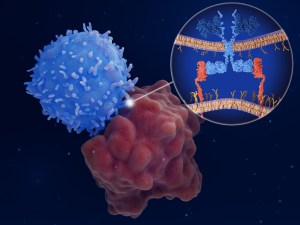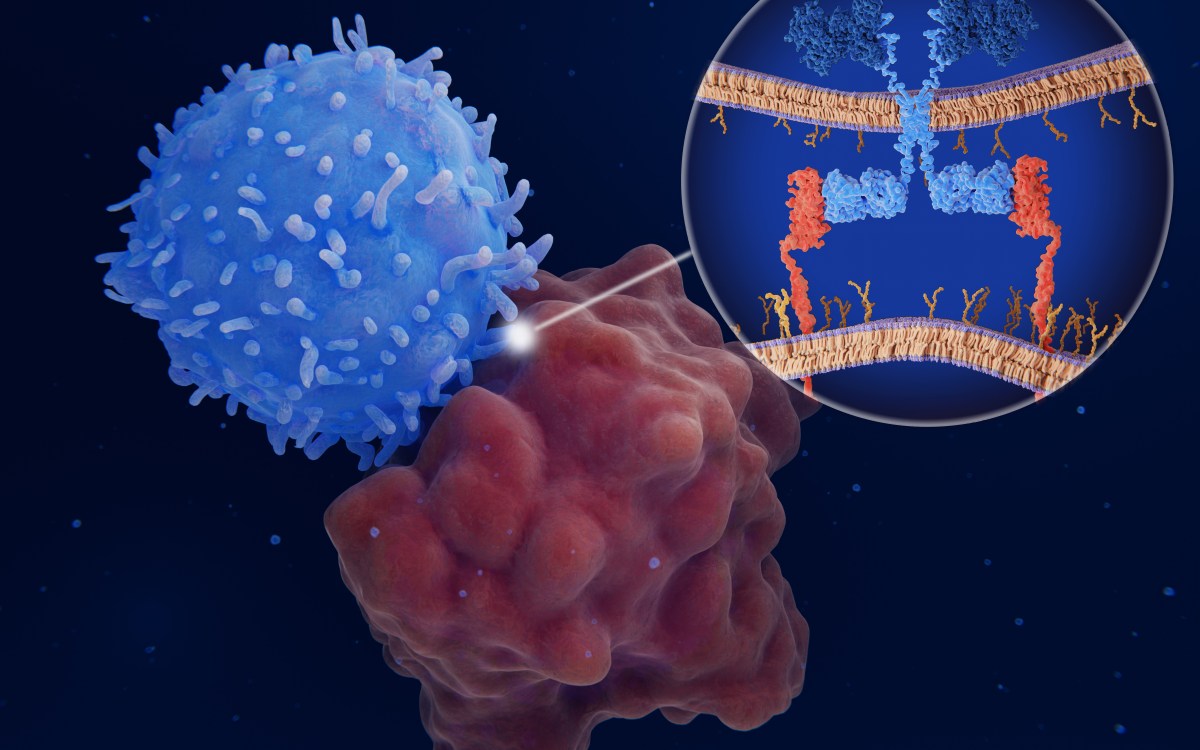Harvard Chan C-CHANGE youth summit empowers next generation of climate, health leaders

Harvard Chan C-CHANGE Youth Summit. Photo by Ella Niederhelman
Traveling from over 25 states and nine countries, with different levels of climate education and involvement, 122 students met for the first time on July 24 at the Youth Summit on Climate, Health, and Equity at Harvard T.H. Chan School of Public Health.
Gina McCarthy, White House National Climate Advisor and co-founder of the summit, kicked off the week by telling students she wanted to, “empower [them] to become the next generation of climate and health leaders.”
McCarthy emphasized her commitment to climate action saying, “I want you to know that I am hopeful, and I am not going to give up on your future — not now, not ever.”
The summit, hosted by the Center for Climate, Health, and the Global Environment at the Harvard Chan School (Harvard Chan C-CHANGE), followed a schedule that mimicked a professional conference. Each day students participated in small lessons from group leaders, group-wide organized conversations, and activities centered around the intersection of climate and health.
Students were organized into six action focus groups: climate communications, press, and media; climate science; entrepreneurship, industry, and tech; environmental justice; global health, epidemiology, and infectious diseases; and medicine and health care.
Each group heard from speakers that excelled in their fields and shared their expertise, knowledge, advice, and climate optimism with students.
Speaking of change…
Research shows the burning of fossil fuels, one of the main drivers of climate change, is causing scorching heat, extreme weather events, wildfires, and more. This leads to increased asthma attacks and allergies, worsening pregnancy outcomes, food insecurity, increasing mental health problems, and much more. Vulnerable populations, the elderly, children, people with existing medical conditions, and those living in low-wealth communities and near polluting industries are at increased health risks from the effects of climate change.
Speeches across the Harvard Chan School campus demonstrated these complex connections, and how actions that stop the burning of fossil fuels substantially improve air quality and provide immediate and localized health benefits.
Highlighted speakers included Howard Koh, Harvey V. Fineberg Professor of the Practice of Public Health Leadership at Harvard Chan School; Stephen Benjamin, former mayor of Columbia, South Carolina; Ilana Cohen, a current Harvard student and climate journalist; and Nadia Nazar, co-founder of the climate initiative Zero Hour.
A panel of well-known climate creators joined students for a Q&A, lasting much longer than originally anticipated to accommodate the high number of thoughtful student questions.
Classroom learning supplemented the time exploring Boston. From learning the foundations of mitigation and adaptation at Boston City Hall, to visiting the New England Aquarium, to meeting Boston Mayor Michelle Wu at her monthly broadcast, students’ interests matched with first-hand experiences.
At the end of the week, they presented capstone projects showing how they can implement climate actions in their own communities.
Students found their place
Prior to the summit, 70.37 percent of students ranked their understanding of the connections between climate change and public health as limited or basic. Following the summit, 95.3 percent of students’ understanding ranked at intermediate to advanced.





